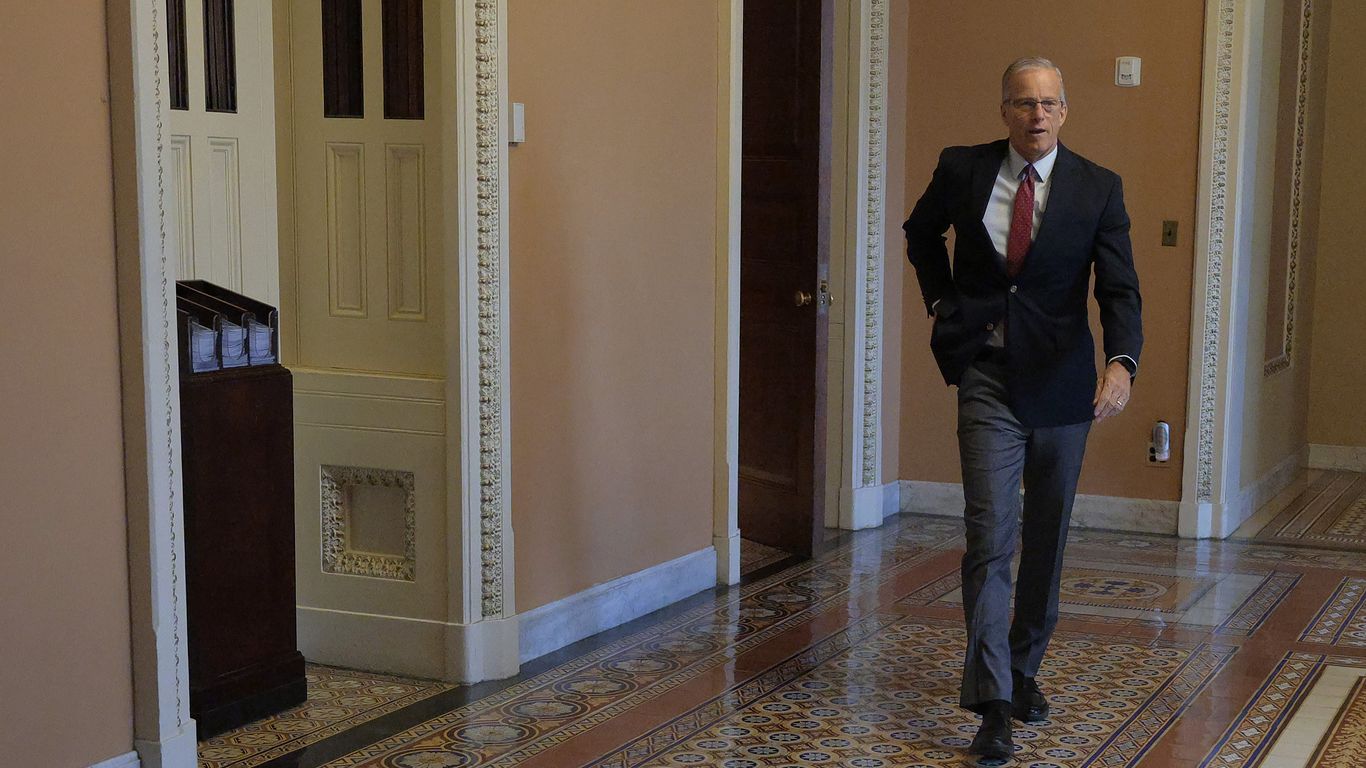
The recent debate among the Senate and Donald Trump concerning process numbers has captivated the attention of political fanatics and economists alike. While the united states grapples with unemployment costs and economic demanding situations, the highlight has grew to become to how those figures are supplied and interpreted. The Senate has firmly reminded Trump to "no longer shoot the messenger" in relation to factual reporting on those crucial information.
In a political panorama regularly dominated via rhetoric, the Senate's message emphasizes the importance of transparency and accuracy. Job numbers, vital indicators of economic fitness, are greater than just records factors; they're a reflection of the lives and livelihoods of thousands and thousands of Americans. By underscoring the significance of these figures, the Senate ambitions to make certain that they're pronounced with integrity, irrespective of political pressures.
Donald Trump's response to task reports has regularly been one of skepticism, mainly when the numbers do now not align along with his economic narrative. This has brought about tensions among the management and people chargeable for compiling and providing this records. The Senate's call to recognize the position of statistical businesses is a bid to maintain agree with in those establishments, which are pivotal in shaping coverage decisions.
For the average citizen, activity numbers can seem abstract, but they've tangible results on actual-global situations. From influencing interest rates to affecting authorities stimulus programs, those numbers play a critical role. The Senate's intervention is a reminder of the broader implications that those information have on economic making plans and man or woman lives.
In the past, Trump has been recognized to criticize destructive reviews, thinking their validity. This pattern of difficult statistical findings has raised issues approximately the politicization of financial statistics. The Senate's stance is a defensive degree, aiming to guard these figures from undue have an impact on and making sure that they continue to be a reliable resource for policymakers and the public alike.
The communique around activity numbers is not just about figures; it is approximately credibility and accept as true with. With incorrect information being a rampant trouble in trendy digital age, upholding the integrity of financial statistics is more important than ever. The Senate's message is obvious: the messenger, in this situation, the statisticians and economists, merits respect and popularity for their work.
Moreover, the Senate underscores the want for bipartisan cooperation in addressing economic demanding situations. By focusing on the accuracy of job numbers, they are searching for to foster a collaborative surroundings where both events can work collectively for the kingdom's advantage. This call for unity is mainly sizeable because the u . s . navigates complex financial landscapes.
As the controversy unfolds, the general public watches carefully, aware of the impact that those numbers have on everyday lifestyles. The speak between the Senate and Trump serves as a reminder of the delicate stability between political narratives and real reporting. It is a testomony to the importance of safeguarding the integrity of records that affects thousands and thousands.
In conclusion, the Senate's message to Trump approximately process numbers is a critical reminder of the value of transparency and accuracy in financial reporting. By highlighting the significance of respecting the messenger, the Senate seeks to protect the integrity of facts that informs critical coverage selections. As the state moves forward, maintaining trust in these figures stays a cornerstone of effective governance.
This interaction among the Senate and the Trump administration is a pivotal moment, emphasizing the want for authentic accuracy in all factors of governance. By choosing to focus on this issue, the Senate is advocating for a destiny where financial information are loose from political bias, ensuring they continue to be a real reflection of the united states's economic fitness.










